By Becky Swanberg, writer, teacher and friend of eMoon
Join me in this scenario:
You’re at a social event (insert birthday party, holiday gathering, Bunko night) and somebody brings up the latest movie. Someone raves, someone criticizes, someone shrugs and says they didn’t see it. But then there’s That Person, the Book Person who has to weigh in on the movie and say, “The book was better.”
In the end, of course the book was better...
Major eye rolls all around.
Look, let me clarify a few things. I’m all about books. I’d rather read than watch a movie. And I almost always think the book was better than the movie. But this phrase has become cliché, and here’s a few reasons we should all stop saying it.
- Your fellow readers already know. We know the book was better. We get it. You aren’t bringing anything new to the table. Why not offer a comparison, a quip, a specific thought to feed the conversation instead of slamming the door.
- Non-readers (a demographic I like to optimistically think of as “future book lovers”) get irritated. In my quest to help all people love books as much as I do, you aren’t helping with your “the book was better” answers. It feels exclusive, smug, and maybe a teeny bit condescending.
- “The book was better!” Someone commented, shutting down all other opinions.
“Oh, really? I’m totally going to read that,” replied No One Ever.
So if we do outlaw the Four-Words-That-Shall-Not-Be-Named, what can we offer instead? I’m all for an honest critique, and particularly enjoy when someone offers a viewpoint I’d never considered. How about a thoughtful comment, one that will intrigue non-readers or spark the conversation of others who have enjoyed the book? Here’s a few questions to consider that may help spark a conversation…
- How did the movie differ from the book? Did those differences affect the plot or theme? Did the movie capture the heart of the book despite the differences?
- What character was the most like you pictured in your head? Any casting WAY OFF from your imagination?
- If the movie fell short, what was lacking?
- Was there anything about the movie that enhanced the story for you?
That’s a start. Take those questions and run with them, folks. The next time the topic is books-turned-movies, you can feed the conversation and offer some food for thought. Don’t be that cliché reader who only has one phrase; branch out! Defy stereotypes! Offer more than the obvious and you may be surprised when people meet that offering with their own observations.
In the end, of course the book was better. It’s a book, for goodness sake. I’ll always take a well-developed page turner over an action-packed screen adaption. But just for the sake of everyone who’s still on the fence, still not sure that all those hours of turning pages are worth it, let’s be good ambassadors.
Follow Becky's other amusing musings on her website at www.beckyswanberg.com. While you're at it, do us a solid and encourage her to publish those manuscripts!






